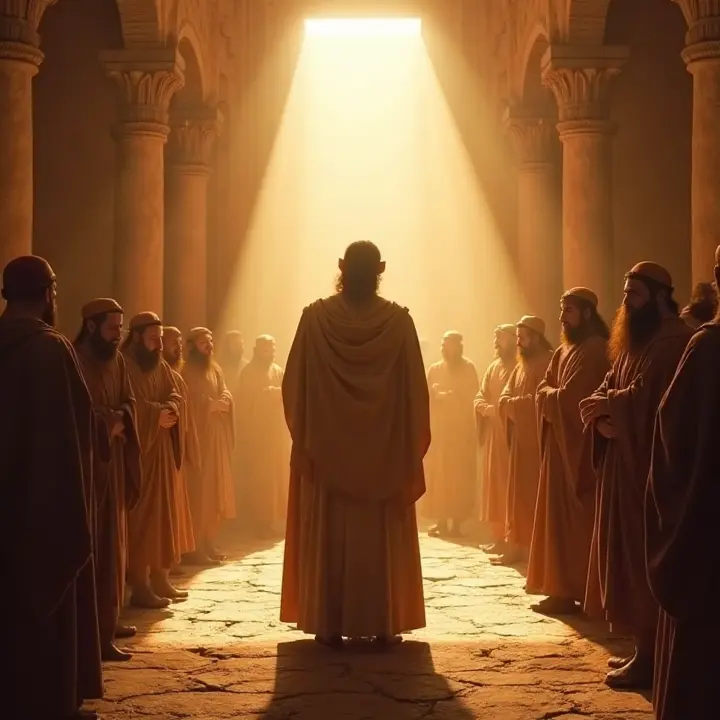In the early days of the Christian church, a man named Stephen emerged as a remarkable figure. He was chosen by the apostles to be one of the first deacons, entrusted with the task of caring for the widows and the poor. Stephen was known for his wisdom and his deep faith in Jesus Christ. He performed miracles and spoke with such power that many were amazed.
However, his teachings and miracles drew the attention of some who opposed him. The religious leaders of the time, feeling threatened by his message of Jesus being the Messiah, accused Stephen of blasphemy. They dragged him before the Sanhedrin, the highest council of the Jews, where he was given a chance to defend himself.
Stephen’s defense was not a mere apology. It was a powerful recounting of the history of Israel, highlighting how God had always been at work, yet the people had often rejected His messengers. He spoke with such conviction and authority that those who listened were deeply stirred. But instead of convincing them, his words only fueled their anger.
In the end, Stephen was condemned to death. As he was being stoned, he looked up to the heavens and saw a vision of Jesus standing at the right hand of God. With his last breath, he prayed, “Lord Jesus, receive my spirit,” and “Do not hold this sin against them.” These words, spoken in forgiveness, marked the end of his life on earth but the beginning of his eternal reward.
Stephen’s martyrdom was a pivotal moment in the early church. His faith and courage inspired many others to stand firm in their belief, even in the face of persecution. He became the first martyr, a testimony to the power of faith and the cost of following Jesus.

